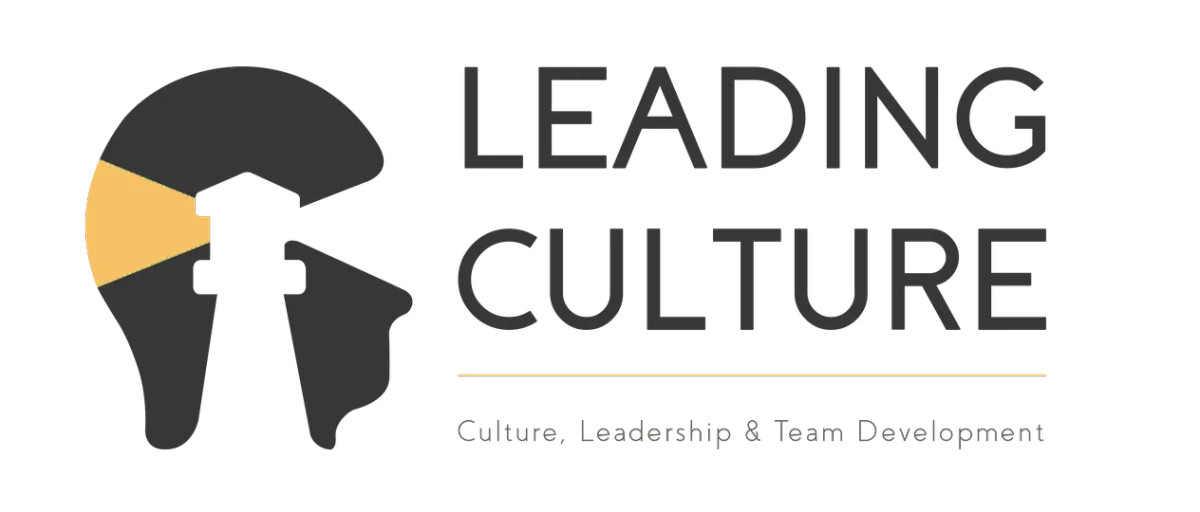
From Startup Turbulence to Global Luggage Leader
From Startup Turbulence to Global Luggage Leader
July, an Australian luggage brand, exemplifies resilience and innovation in the face of adversity. Founded in 2019 by Athan Didaskalou and Richard Li, the company has rapidly ascended from its humble beginnings to become a prominent name in the global luggage industry.
The inception of July was driven by Didaskalou and Li's recognition of a significant disparity between low-quality, inexpensive suitcases and high-end luxury luggage, identifying an opportunity to offer durable, stylish, and functional products at an accessible price point. This vision led to the creation of July, a brand committed to enhancing the travel experience through thoughtfully designed luggage.
Overcoming Significant Challenges
July faced many challenges from it’s inception, many of which could have caused their demise.
1. The COVID-19 Pandemic – Adapting to Survive
The global travel bans in 2020 posed an existential threat to July, as demand for luggage plummeted overnight. With a product line centered around travel, the company faced possible closure.
How They Overcame It:
Instead of shutting down, they pivoted quickly. July introduced drink bottles and other non-travel-related items to keep the brand alive.
They focused on customer engagement, keeping their audience engaged despite travel restrictions using digital marketing.
2. Competing in a Crowded Market – Innovate or Fade
The luggage industry is filled with global giants like Samsonite, Away, and Rimowa. Standing out in such a competitive space is difficult.
How They Overcame It:
July focused on solving travelers’ biggest pain points—introducing features like a wider handle, ultra-durable shells, and smooth-gliding wheels.
They leveraged direct-to-consumer (DTC) sales to keep their pricing competitive while maintaining high quality.
3. Expanding Globally – Strategic Partnerships
A local brand trying to go global is no easy feat. Breaking into international markets requires credibility, awareness, and a strong distribution strategy.
How They Overcame It:
July secured high-profile partnerships like being the official luggage supplier for the Australian Olympic Team at the Paris Games and a partner for the Australian Open.
They expanded into the U.S., New Zealand, the U.K., and Singapore, with U.S. sales growing 400% over three years.
Key Lessons from July’s Journey
1. Pivot Quickly When Circumstances Change
When COVID-19 hit, July didn’t wait for the travel industry to recover. They adapted by launching new products, proving that businesses must be flexible in the face of unexpected disruptions.
2. Solve a Real Problem, Not Just Sell a Product
Rather than just making luggage, July focused on designing better travel experiences—tackling issues like wobbly suitcase handles and weak wheels. The takeaway? Find what frustrates your customers and fix it.
3. Build a Strong Brand, Not Just a Business
July’s marketing is sleek, modern, and experience-driven. Their Instagram, website, and packaging all reflect a premium travel lifestyle, which helps them connect emotionally with customers rather than just selling suitcases.
4. Strategic Partnerships Can Accelerate Growth
Aligning with major brands like the Australian Open and Olympics gave July credibility and exposure. Partnering with the right organizations can fast-track your brand’s success.
5. Direct-to-Consumer (DTC) Sales Provide Control
By selling directly through their website instead of relying on third-party retailers, July keeps its margins high, controls its brand experience, and gathers valuable customer data. Owning your sales channels gives you more power over your business.
The Future of July
With a strong retail presence, a rapidly expanding international footprint, and a reputation for innovation and quality, July is well-positioned for continued growth. They have successfully transformed from a struggling startup into a global luggage powerhouse.
Their journey proves that resilience, adaptability, and smart branding can turn even the toughest situations into opportunities.


